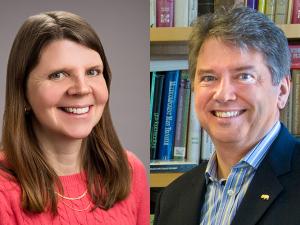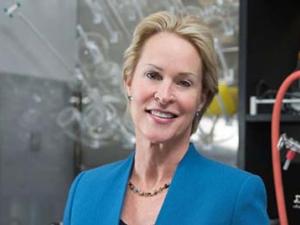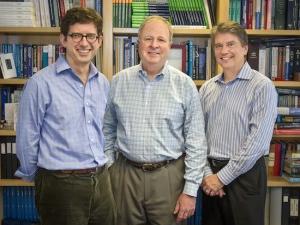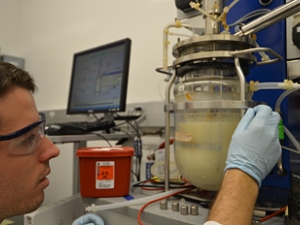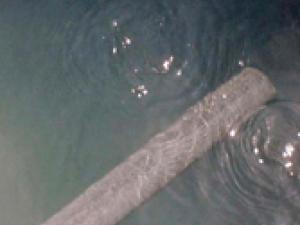

Research Bio
Douglas S. Clark is a chemical engineer whose research advances biocatalysis, metabolic engineering, and renewable energy. He is best known for engineering enzymes and microorganisms to produce fuels, chemicals, and materials from renewable resources. Clark’s lab integrates protein engineering, synthetic biology, and systems biology to develop sustainable alternatives to petrochemical processes. His innovations include engineering microbes for biofuel production and biocatalysts for industrial processes. He also investigates how enzymes function under extreme conditions, expanding the scope of industrial biotechnology. In addition, Clark translated the use of combinatorial biocatalysis into commercial practice by co-founding the drug discovery company EnzyMed, Inc.
Clark is Chancellor's Professor and Dean Emeritus of the College of Chemistry at UC Berkeley. He is also a Chemical Faculty Engineer at Lawrence Berkeley Laboratory. He is an elected member of the National Academy of Engineering and a Fellow of both the American Association for the Advancement of Science and the American Institute of Medical and Biomedical Engineers. His research has been recognized with awards from AIChE, ACS, and Engineering Conferences International. Since 1995 Clark has served as Editor in Chief of Biotechnology and Bioengineering.
Research Expertise and Interest
chemical engineering, biochemical engineering, extremozymes, bioactive materials, bioprocess engineering, biofuels and bioenergy, biocatalysis
In the News
Solar Beats Nuclear at Many Potential Settlement Sites on Mars
Claire Tomlin and Douglas Clark elected to National Academy of Engineering
Chemistry Nobel goes to UC Berkeley Ph.D. Frances Arnold
Sweet Success: Berkeley Lab Researchers Find Way to Catalyze More Sugars from Biomass
Researchers with the Lawrence Berkeley National Laboratory (Berkeley Lab) through support from the Energy Biosciences Institute (EBI) have literally shed new light on cellulase catalysis.
Sweet diesel! Discovery resurrects process to convert sugar directly to diesel
A long-abandoned fermentation process once used to turn starch into explosives can be used to produce renewable diesel fuel to replace the fossil fuels now used in transportation, UC Berkeley scientists have discovered.
Hot springs microbe yields record-breaking, heat-tolerant enzyme
Scientists looking for unusual cellulose-digesting enzymes, called cellulases, have found one that works at a higher temperature, 109 degrees Celsius, than any others found to date. The cellulase comes from an Archaea found in a Nevada hot spring.


